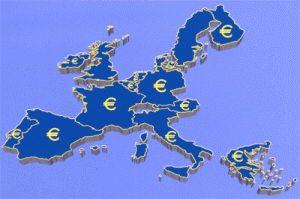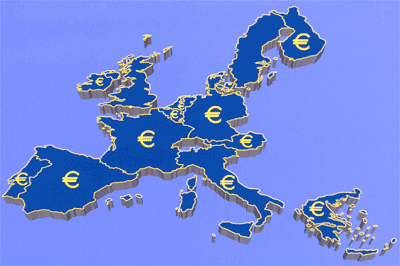 With the bulk of the eurozone’s economy made up of service businesses, a serious slowdown in orders has cost the economic community dearly. Eurozone countries saw a continued downturn in business activity during May of this year, although it was less severe than the economic slowdown during the previous month.
With the bulk of the eurozone’s economy made up of service businesses, a serious slowdown in orders has cost the economic community dearly. Eurozone countries saw a continued downturn in business activity during May of this year, although it was less severe than the economic slowdown during the previous month.
Markit, one of Europe’s leading business activity polling companies, found that new business continued to decrease throughout Europe in May as the service sector saw continued order reductions. Countries such as Spain, Italy, and France saw sluggish economic activity, particularly from the service and manufacturing sectors.
Eurozone manufacturing activity is tracked using the Purchasing Managers Index, a measure of manufacturing orders frequently referred to as PMI. The index tracks the economic activity of manufacturers throughout Europe using a scale that runs from zero to one hundred.
A score of fifty – exactly halfway through the scale – indicates that a manufacturing sector failed to grow or contract during a measuring period. Scores of below fifty – such as the 47.7 composite score tracked during May – indicate that manufacturing spending shrunk in many major European markets.
While the manufacturing and service sectors continue to shrink in Italy, Spain, and France, new indicators show that the decline has decreased in severity. Germany, a country that had previously seen a sharp decline in service industry spending, saw its PMI reach 50.2, indicating a small level of growth in the service sector.
Many major European economies also face employment issues, with payroll in the service and manufacturing sectors decreasing. May marked the seventeenth month of job losses in countries such as France and Italy, with regional leader Germany a surprise feature, reporting its first payroll decrease in four months.
Markit believes that the data signals a continued downturn in economic activity in many Eurozone countries. The company reported that, despite the ease in the rate of decline for many countries, short-term economic growth remains unlikely.





